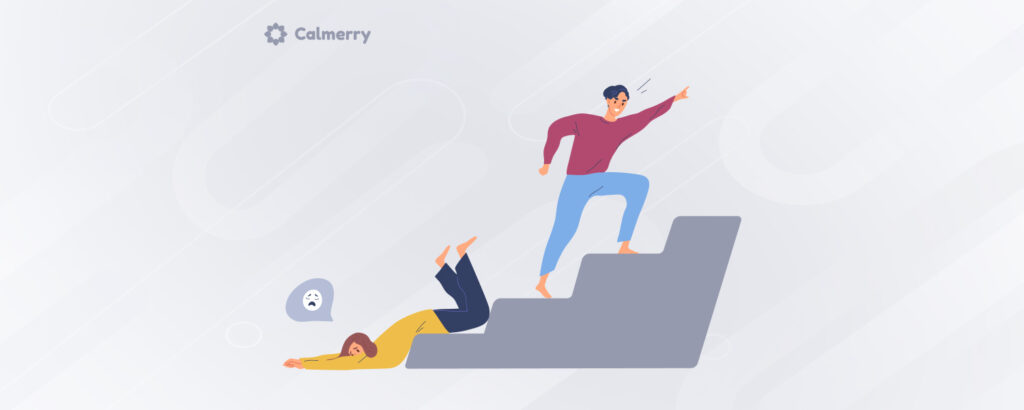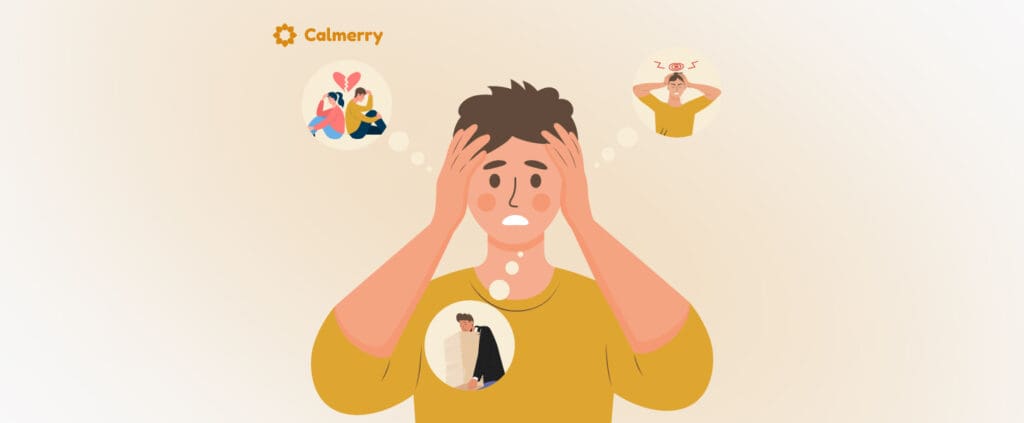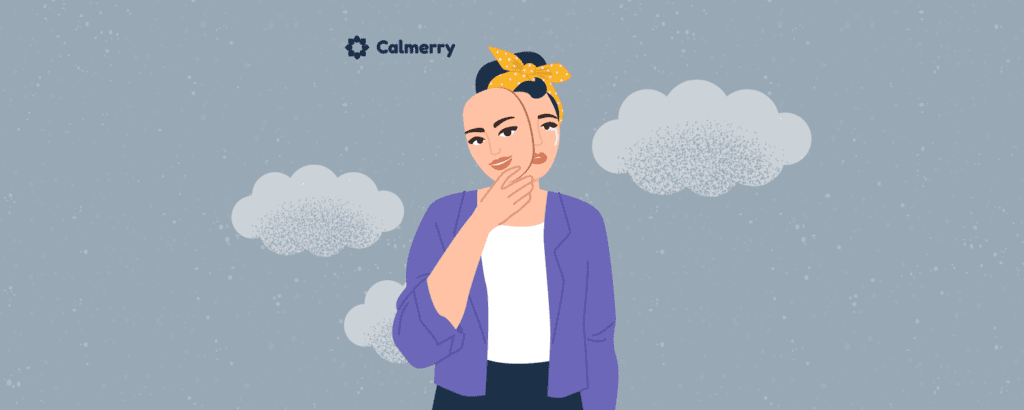
Mental Health and Depression: How it works
Depression may have a wide range of reasons, like trauma response, genetic factors, cumulative stress, etc. According to the World Health Organization, depression is a leading cause of disability among the world population.
For many, it becomes a barrier to maintaining relationships, productivity, and overall quality of life. Understanding depression as a mental health condition is crucial in identifying the right treatment and support options.
Common symptoms of depression
Depression manifests in various ways, affecting both emotional and physical health. Understanding these symptoms can assist in identifying the condition and seeking the right way of treatment.
Emotional Symptoms
- Loss of interest or pleasure
- Irritability or frustration
- Feelings of guilt or worthlessness
- Difficulty concentrating
- Emotional numbness
- Thoughts of death or suicide
Physical Symptoms
- Fatigue or low energy
- Unexplained aches and pains
- Slowed physical movements
- Digestive issues
Effective approaches for depression therapy
Depression can be treated using various evidence-based approaches, each tailored to address the unique needs of individuals on their path to healing. Calmerry therapists are skilled in these proven methods, offering personalized support to help clients manage symptoms, build resilience, and reclaim their emotional state.
Cognitive Behavioral Therapy (CBT)
CBT is one of the most effective methods to overcome depression. This evidence-based approach focuses on identifying and changing negative thought patterns and behaviors that contribute to depression. CBT has been shown to help individuals develop healthier coping mechanisms and improve their emotional health.
Dialectical Behavioral Therapy (DBT)
Originally evolved from an approach to cure borderline personality disorder, DBT is also effective for treating depression, especially when symptoms involve self-harm or intense emotions. DBT combines cognitive techniques with mindfulness practices to help individuals manage distress and emotional regulation.
Interpersonal Therapy (IPT)
IPT is a short-term therapy that focuses on improving interpersonal relationships and communication. By addressing conflicts and building stronger social connections, IPT helps reduce symptoms of depression and fosters a sense of belonging.
Role of Medication
Medication can play a vital role in the treatment of depression, especially in moderate to severe cases. Antidepressants, which affect neurotransmitter levels in the brain, are often prescribed alongside psychotherapy to enhance treatment outcomes. While medication may have side effects, a thorough evaluation by a healthcare provider ensures the right approach for your needs.
For those exploring non-medication options, Calmerry’s online therapy platform offers various techniques, such as CBT, to help manage depression effectively.
How long does it take to treat depression?
Each person and their symptoms are different, so the treatment for their depression will vary based on their needs. That means that there’s no one-size-fits-all approach to therapy. But the American Psychological Association states that, on average, 15 to 20 sessions are required for 50% of patients to recover, as indicated by self-reported symptom measures.
The length of time someone requires psychotherapy to enhance their mental state will depend on different factors, including
- Severity of depression and symptoms.
- Co-occurring mental disorders, such as anxiety, substance use disorders, or eating disorders.
- A person’s adherence to therapy.
- Frequency of therapy sessions.
Major Depressive Disorder (MDD)
Major Depressive Disorder, also known as clinical depression, is one of the most severe depression forms. It typically involves a lack of interest in once-enjoyed activities and significant impairments in daily functioning. Symptoms may include feelings of worthlessness, difficulty concentrating, changes in appetite or sleep patterns, and, in some cases, thoughts of self-harm or suicide.
Persistent Depressive Disorder (PDD)
Persistent Depressive Disorder, previously known as dysthymia, is a chronic form of depression that lasts for at least two years. Although the symptoms may not be as intense as Major Depressive Disorder, PDD can significantly affect an individual’s quality of life. People with PDD often experience low mood, feelings of hopelessness, low self-esteem, and difficulties with energy and concentration. PDD can also coexist with episodes of more severe depression, a condition called “double depression.” Psychotherapy, including Interpersonal Therapy (IPT), can be beneficial for addressing the long-term challenges of PDD and improving emotional resilience.







